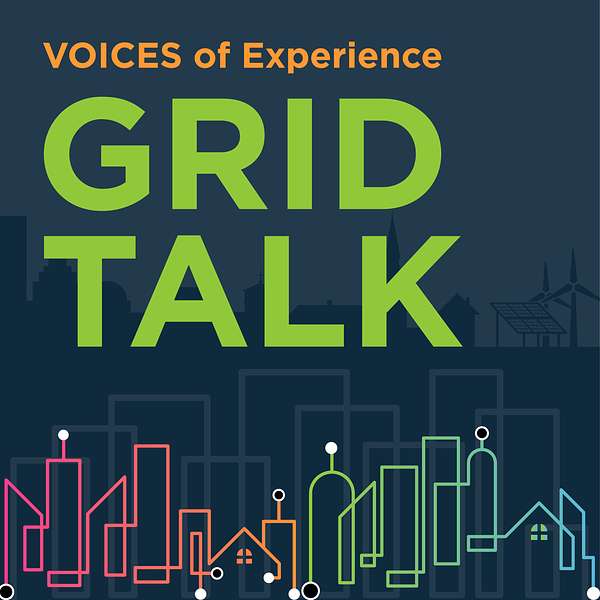
Grid Talk
Grid Talk
Here Comes the Energy Storage Revolution
The push to decarbonize electricity production in the U.S. focuses heavily on solar and wind generation. But delivering reliable energy from intermittent resource will require an upgrade in energy storage capabilities.
This episode of Grid Talk features Don Sadoway who is the John F. Elliott Professor of Materials Chemistry at MIT. He’s one of the leading experts on emerging battery products and at the helm of about a half dozen startups ready to speed deployment of the most promising approaches into the marketplace.
“We have to deal with the intermittency. And nobody wants green electricity that’s only available part-time; they want it all the time, so that means storage.”
That’s where the liquid metal battery comes in. Sadoway will explain why he believes it will revolutionize battery storage.
“The aluminum/sulfur battery is no cobalt, no nickel, no manganese, no volatile flammable electrolyte, no graphite, forget the silicon. This is no lithium.”
One of his companies is set to release its first product in about a year. When people see it working, things could really take off.
“A liquid metal battery could be in the basement of every one of the skyscrapers in Manhattan.”
Professor Sadoway has been at MIT for 44 years. His research seeks to establish the scientific underpinnings for technologies that make efficient use of energy and natural resources in an environmentally sound manner. This spans engineering applications and the supportive fundamental science. The overarching theme of his work is electrochemistry in nonaqueous media.
He holds the following degrees:
B.A.Sc., Engineering Science, University of Toronto
M.A.Sc., Chemical Metallurgy, University of Toronto
Ph.D., Chemical Metallurgy, University of Toronto